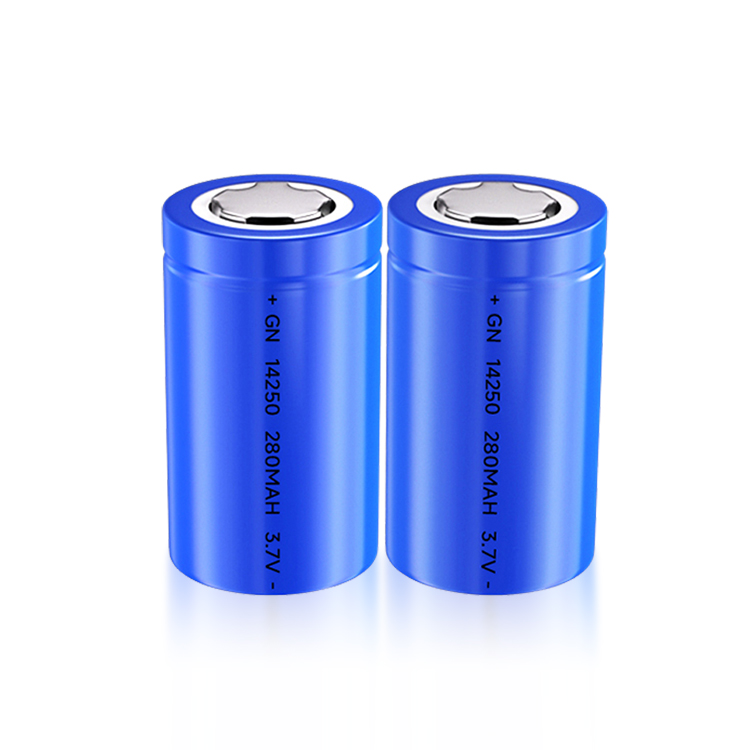

Recently, scientists from the University of Alberta and the University of Toronto in Canada created blueprints for a new type of quantum battery. The characteristic of this kind of battery is that it will not leak electricity.
Recently, scientists from the University of Alberta and the University of Toronto in Canada created blueprints for a new type of quantum battery. The characteristic of this kind of battery is that it will not leak electricity.
"A quantum battery is a tiny, nanometer-sized battery that can be used for nanoscale applications." As the main leader of the research, chemist Gabriel Hanna of the University of Alberta in Canada explained.
The research provides a theoretical proof that it is possible to create a lossless quantum battery. It has advantages over previously proposed quantum batteries. "While batteries we are more familiar with, such as the lithium-ion batteries that power smartphones, rely on classical electrochemistry, quantum batteries rely entirely on quantum mechanics," Hanna said.
Such batteries could become an important part of many quantum devices, such as powering quantum computers, he said. In fact, they can be manufactured using current solid-state technology.
To realize their idea, the research team conceived a model of an open quantum network with high structural symmetry as a platform for storing exciton energy. In this platform, when an electron absorbs a photon of sufficient energy, the energy is harnessed. Through this model, they demonstrated that even in an open environment, energy can be stored without any loss.
"The key is to prepare this quantum network in the so-called dark state," Hanna explains. "In the dark state, the network cannot exchange energy with the environment. In essence, the system is immune to all environmental influences. . This means that the battery is highly resistant to energy loss."
Using this model, the researchers also proposed a general method for releasing stored energy from batteries on demand, which involves breaking the structural symmetry of the network in a controlled way. In the future, the project will also explore feasible methods of battery charging and discharging, as well as effective methods to expand scale in practical applications.
The research, titled "Lossless Exciton Quantum Battery," was published in the recent "Journal of Physical Chemistry".

Popular recommendation
CR2354 battery.Rookie in the energy industry---methanol fuel
2023-10-08alkaline battery!New energy battery technology solid state battery
2023-10-08AG8 battery.What is the process for customizing 18650 lithium-ion battery pack?
2023-10-1218650 battery 2000mah.What does 18650 lithium battery refer to?
2023-10-1348v solar power energy storage power wall.What are the key points about the PACK process of 18650 li
2023-10-08LR43 battery.What are the key points of the manufacturing process of 18650 lithium-ion battery?
2023-10-123V Button battery.Samsung develops graphene battery technology that charges 5 times faster
2023-10-083.7v 2200mah 18650 lithium battery.Analysis of key points of 18650 lithium-ion battery PACK process
2023-10-09li ion 18650 battery pack.What is important about the lithium-ion battery production process?
2023-10-084LR44 battery.Research progress on high-nickel lithium-ion battery cathode materials
2023-10-08602030 polymer battery.Nickel-metal hydride lithium battery technology and repair methods
2023-10-0818650 battery pack 3.7v.How to protect lithium-ion batteries in mobile phone fast charging technolog
2023-10-08